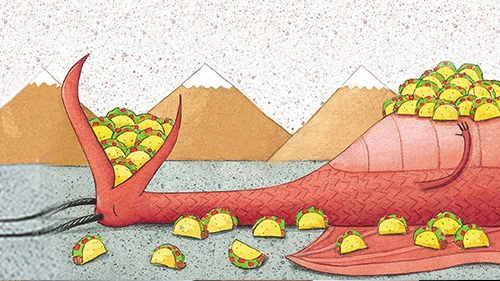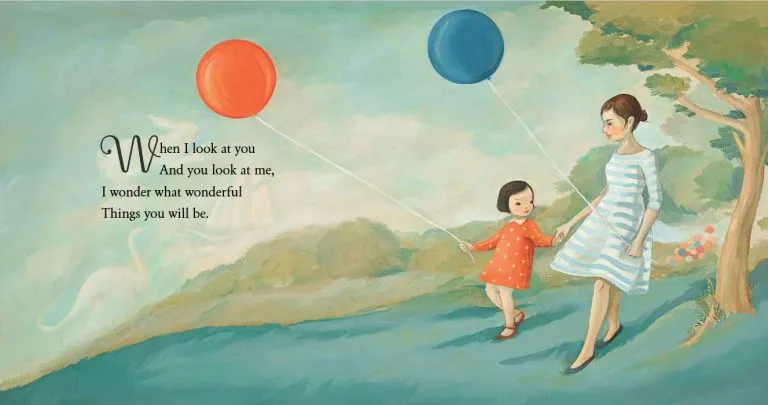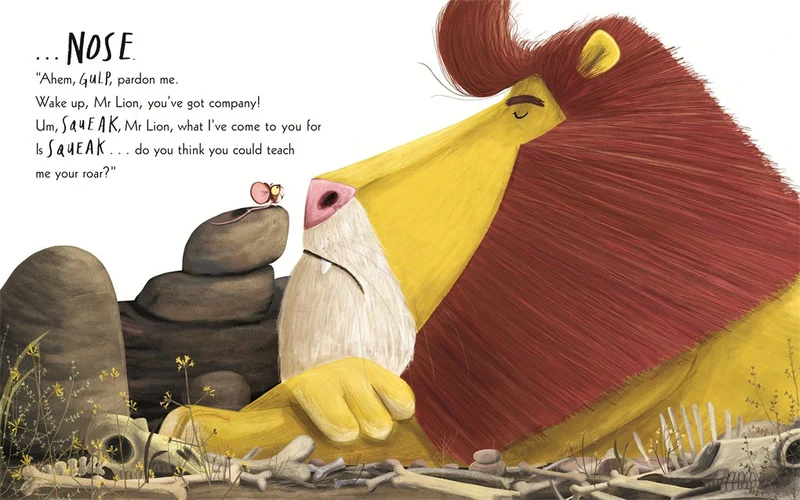Parachuting In, Then Speaking Out

“You don’t have to go and ruin my life.”
That’s the self-pitying cry the two female teenagers who’ve been raped and sexually harassed hear from their abusers in the best-selling author Kelly Yang’s novel PARACHUTES (Katherine Tegen Books, 496 pp., $18.99; ages 14 and up). Negating the crime by crippling the actual victim with a false burden of responsibility is one of the more toxic plays of rape culture. Things got out of hand, signals were misread, let’s just put this matter behind us.
Know this, weary readers: “Parachutes” is not a book about sexual violence or broken girls or the polluting forces of shame and isolation. It is about the radical possibility of young women finding and detonating their voices.
In giving her characters permission to bravely unburden themselves of the vileness of their abusers and the systems that protect them, Yang takes a sledgehammer to rape culture itself, swinging with equal parts artistry and force.
The title refers to Chinese kids who are “parachuted” into chic American high schools. Claire is a wealthy 17-year-old from Shanghai suddenly living in the spare room of her host family outside Los Angeles: a Filipino single mother who works as a housekeeper and her own 17-year-old daughter, Dani, a full-scholarship student at American Prep.
“Kids from China who come to the U.S. on our own, without our parents,” Claire tries to explain to Dani on her first day of school. “We parachute in … get it?”
While white boys holler at them as they walk — “Hey, girl, you wanna meet at Panda Express this weekend?” — the Chinese-American students are just as dismissive, saying the “crazy-rich Asians” at their school are “fundamentally self-absorbed, hollow people whose only care in the world is consuming material goods.”
The quick chapters veer between the points of view of Claire and Dani, young women in uniquely vulnerable positions.
The rich girl lacks resilience. She has all the financial support in the world but no reliable support system.
Meanwhile the first-generation girl, a debate star and A student, is entirely beholden to her support system. It’s her scholarship, the good graces of her teachers and headmistress, and her willingness to sing for her supper at school fund-raisers for moneyed donors that will make or break her dreams of going to Yale and pulling up her mother alongside her.
Y.A. novels can sometimes tackle complicated and sensitive subjects at the detriment of storytelling. Young people can smell a clumsy attempt at a deep talk from their literature just as quickly as they can from their mom.
This book cooks. It’s fast and sudsy and full of high-end fashion, prep school intrigue and wealthy parents who purchase their children’s way into the best colleges. If this were a television series it would look fabulous and land deep.
It isn’t homework, in other words. But it is informative. I want my daughters to read it when they get to high school. I want them to mark Dani’s growing awareness that a trusted adult is crossing lines.
“You look nice. … You should wear your hair like that more often,” a beloved teacher tells her. “You’re going to be dangerous in about 10 years.”
I want them to understand that what we’ve long been told to write off as harmless and creepy is actually a crime. And that even if supposedly “rational, impartial adults” let you down, as they do Claire, there is triumph to be found in telling the truth. Protesting is an act of courage and a declaration of independence.
In her author’s note Yang describes her own experience at Harvard Law School when she was raped by a fellow student and then betrayed and traumatized by the administration’s failure to bring action against her attacker and a faculty member’s enraging suggestion that she simply move on. It’s not justice, but there is joy that she has the final word here.




